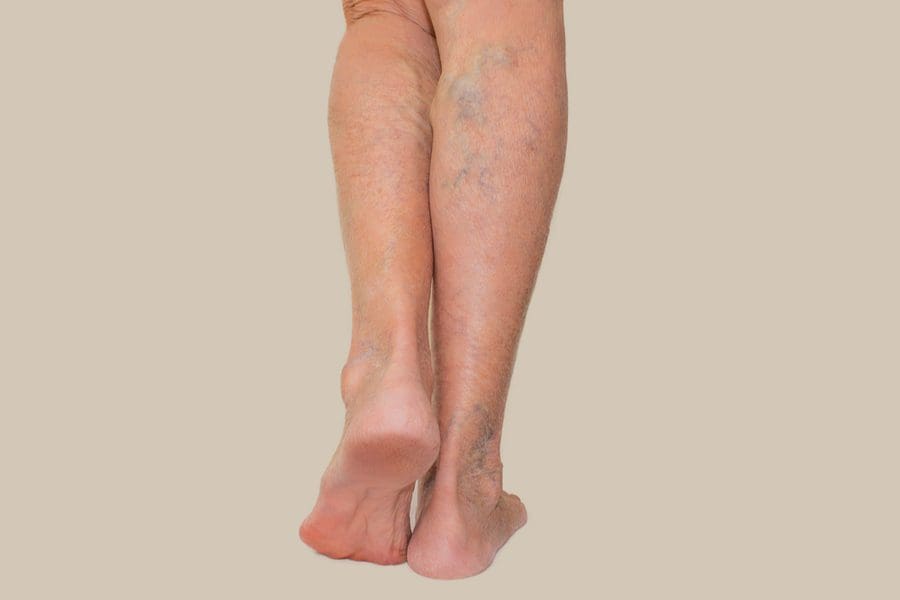Varicose veins, although not always a serious health concern, can be uncomfortable or leave you feeling self-conscious. If you’re suffering from varicose veins and are wondering how to treat them, we’re here to answer all of your questions!
What are Varicose Veins?
Enlarged veins are otherwise known as ‘varicose veins’ and can cause insecurity and slight discomfort. They usually occur in the legs, but can appear in other parts of the body. Your veins have one-way valves that keep blood flowing toward your heart. If the valves are weak, blood can back up and pool in your veins. This causes the veins to swell, leading to varicose veins. Many different contributing factors lead to varicose veins developing. Varicose veins don’t tend to cause severe health implications or pain. However, there are options available for treating them.
What Causes Varicose Veins?
Varicose veins can be caused by several things, including any condition that puts excessive weight or pressure on the legs/abdomen area. Some examples include older age, obesity, standing for long periods, and pregnancy. Genetics can also play a part in how likely you are to develop varicose veins.
When Is Treatment Necessary?
- If you experience pain or discomfort
- You may have further complications such as swelling, skin discoloration or leg ulcers
- You may simply want them removed for cosmetic reasons
How Do You Treat Varicose Veins?
You may be advised to begin trying some at-home self-care to help the appearance of your varicose veins, such as wearing compression stockings (click here), avoiding standing for long periods, exercising, elevating your legs when resting, and not crossing them when sitting. Wearing loose clothing can also help.
If your veins require further treatment, EndoVenous Laser Ablation (EVLA) and Readiofrequency Ablation (RFA) are techniques for treating varicose veins. These procedures seal off the main underlying faulty vein that is feeding the varicosities.
If you’re concerned about your varicose veins or are considering getting them treated, your doctor can refer you to a vascular specialist.






